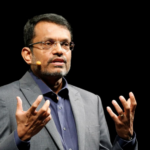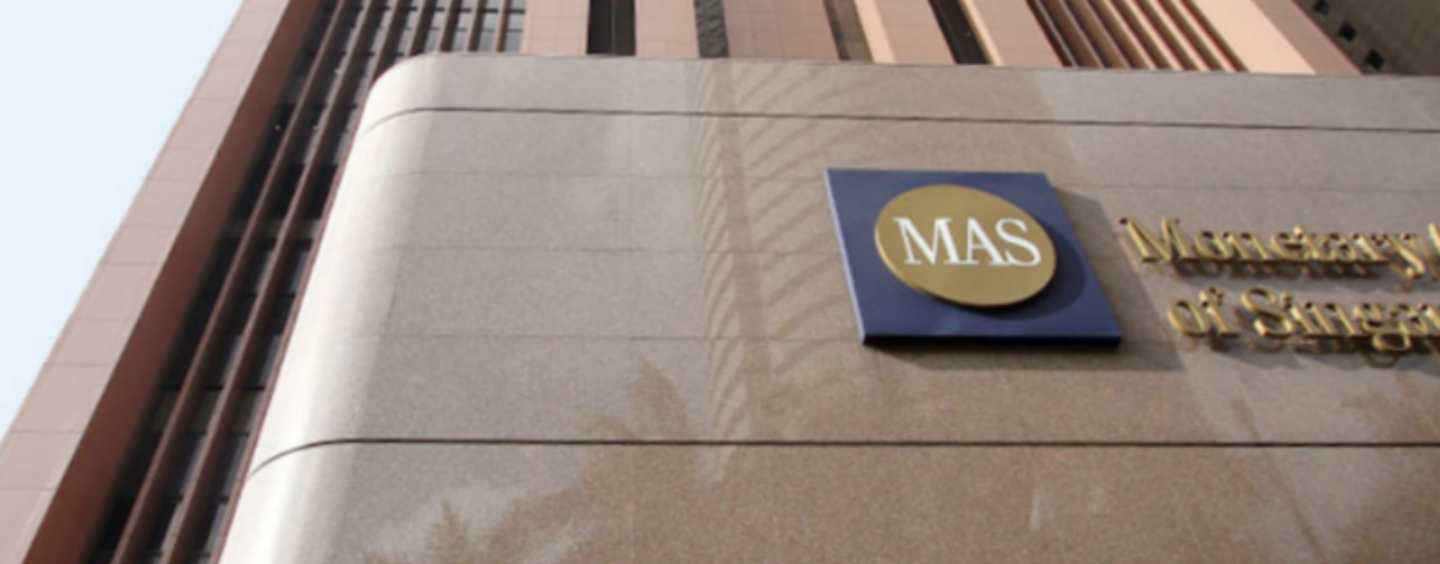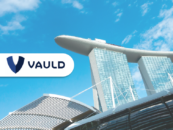Crypto service providers need to have the ability to manage the risks, said Ravi Menon, Managing Director of the Monetary Authority of Singapore (MAS) at the Financial Times’ Crypto & Digital Assets Summit.
He mentioned that there are four risks in the crypto ecosystem that MAS is watching closely – money laundering and terrorism financing risks, technology and cyber risks, consumer protection as well as potentially, financial stability.
In the interview conducted by Joy Macknight, Editor of The Banker, Menon outlined the need for these crypto service providers to also have a strong board and management, a strong risk governance culture, and capabilities.
In the last two years, MAS has granted licenses or in-principle approvals to 11 digital payment tokens service providers.
Just this week, the regulator had granted in principle approvals to Luno and Revolut.
He added that most of these firms are young players, and while they are innovative, nimble and think out of the box, they have little experience of being regulated. As such, there is a need to bridge the culture issue.
The regulator tries to mitigate the specific risks posed by specific activities, while allowing latitude for innovation.
This is the reason why MAS expects crypto service licensees to do risk assessment of new products and technologies.
MAS has also taken a rather tough line on unfettered access to retail public as the regulator feels that retail investors should not be dabbling in cryptocurrencies.
Earlier this year, MAS had banned crypto service providers from promoting their services to the general public in Singapore.
Advertisements on public transport, public transport venues, public websites, social media platforms, broadcast and print media, or provision of physical ATMs were no longer allowed.

Ravi Menon
Menon said,
“The licensing process is stringent because we want to be a responsible global crypto hub, with innovative players but also with strong risk management capabilities.
We only approve applicants with strong governance structures, fit and proper board and management, and we go through their track record. They need to have a formalised approach to identify and assess money laundering and terrorist financing risks before they offer new products and technologies.








